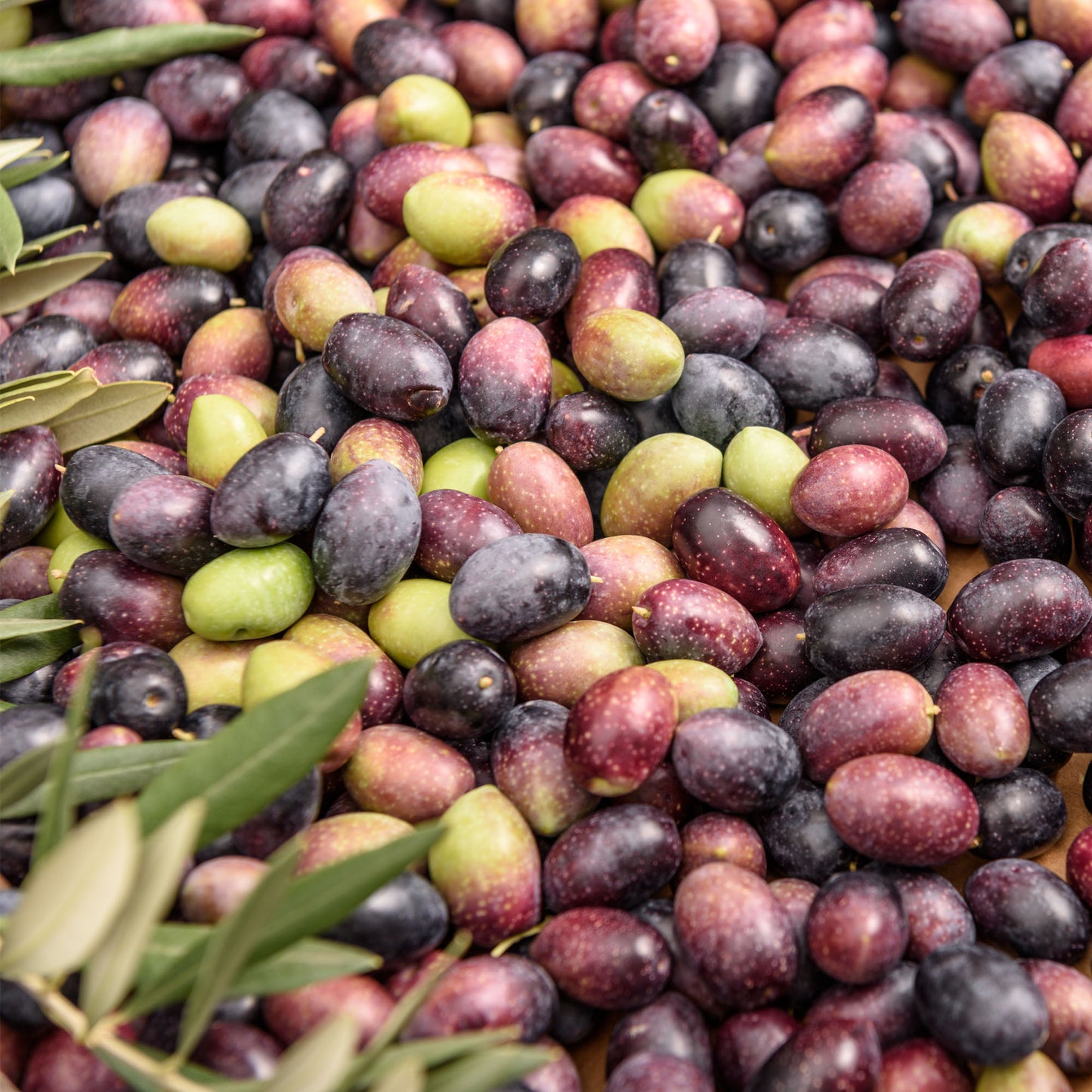
Spain, a country renowned for its rich cultural heritage and diverse culinary delights, boasts an ancient tradition deeply rooted in the cultivation and production of olives. The olive tree, often considered a symbol of peace and prosperity, holds a special place in Spanish history, contributing significantly to the country’s gastronomy, economy, and identity.
A Legacy of Cultivation
The cultivation of olives in Spain dates back thousands of years, tracing its roots to ancient civilizations. The warm Mediterranean climate and fertile lands create an ideal environment for olive trees to thrive. The regions of Andalusia, Catalonia, and Extremadura are among the primary olive-growing areas in Spain, each offering distinct varieties and flavors.
Varieties and Flavors
Spanish olives come in a rich array of varieties, each with its unique taste, shape, and texture. The most common types include Manzanilla, Hojiblanca, Arbequina, and Picual. Manzanilla olives, recognized for their plumpness and mild, slightly bitter flavor, often find their way into dishes and cocktails. Hojiblanca olives, with their fruity and peppery taste, add depth to many Spanish recipes. Arbequina olives, smaller in size but robust in flavor, are often used to produce high-quality olive oil. The Picual variety, known for its pungent and slightly spicy flavor, contributes significantly to Spain’s olive oil production.
Olive Oil Production
Spain stands as one of the world’s largest producers of olive oil. The process of extracting this liquid gold from olives is deeply ingrained in Spanish tradition. The country's modern olive oil mills combine traditional methods with innovative technologies to ensure the highest quality standards. Extra virgin olive oil, with its exquisite taste and health benefits, is an essential component of the Mediterranean diet and a cornerstone of Spanish cuisine.
Culinary Significance
In Spain, olives are not just a standalone snack; they are an integral part of the country’s vibrant culinary scene. From savory tapas to flavorful paellas and robust salads, olives play a significant role in many traditional dishes. The briny, tangy flavor of Spanish olives adds depth and character to a wide range of recipes, making them a staple in both home cooking and fine dining experiences.
Beyond the Table
Beyond their culinary uses, olives have found their way into various aspects of Spanish culture. Festivals celebrating the olive harvest, such as the Fiesta del Olivo in Andalusia, showcase the cultural significance of this revered fruit. Artisans craft unique products such as olive woodworks and cosmetics derived from olive oil, highlighting the versatility of this ancient crop.
Preserving Tradition in Modern Times
Despite modernization, Spain remains deeply committed to preserving its olive-growing heritage. Sustainable farming practices, eco-friendly production methods, and adherence to quality standards ensure that the tradition endures while meeting the demands of today’s world.
Final Thoughts
The story of olives in Spain is a tale of tradition, craftsmanship, and culinary excellence. Spanning generations, this iconic fruit continues to shape the country’s identity, enrich its cuisine, and contribute to its economy. Whether enjoyed as a snack, in oils, or as an integral ingredient in beloved dishes, Spanish olives are an embodiment of the country’s rich history and vibrant culture.
When you savor the briny taste of a Spanish olive, you’re not just tasting a fruit; you’re tasting a piece of history, a legacy passed down through centuries—one that encapsulates the essence of Spain.





